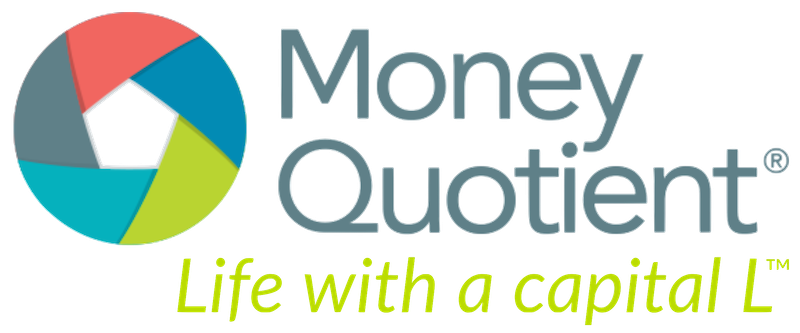“MQ Gathering” – The Benson Hotel, Portland, OR
Title: Grabbing the New Bar: Exploring Ways to Prepare & Guide Clients Through Difficult Life Transitions
Learning Objectives
The powerful methods used during the MQ gathering will create open and meaningful conversations that lead to clear direction and good results. As a participant you will:
Identify the main obstacles and challenges you face when guiding clients in making difficult life transitions and transforming your practice to do your best work.
Have the opportunity to pose questions, share experiences, provide resources, and propose ideas on topics that are of high importance to you and your practice.
Leave with concrete action steps that are applicable to your practice and your goals.
Description of Stages of MQ Gathering
The MQ Gathering is broken down into four distinct stages that create a glide path through deeper thinking and conversations, to innovative thoughts and ideas, to practical solutions and actions. Each stage has a distinct purpose with a set of objectives that the group will work together to fulfill. Different models, frameworks, and participatory processes will be introduced along the way to help the group to expand into more creative thinking and to be efficient, focused, and productive. Below are the four stages and a list of the characteristics and objectives of each:
1) Arrival. Becoming Present. Feeling Shared Purpose.
Establish community and create belonging.
Letting go of busy lives and distractions to be present and do focused work
Build comfort for deeper conversations
Recognize wealth of knowledge and experience of each individual
Establish shared purpose
2) Digging in. Deepening the Conversation. Flushing it Out.
Exploring the many assumptions, questions, and beliefs of the topic at hand
Share experiences, thoughts, and ideas related to issue
Document scattered questions, concerns, and aspirations
Identify external and internal obstacles and opportunities
Begin to connect related elements of discussions
3) Processing. Listening to Self. Thinking it Through.
Reflect back on conversations and learning that has been experienced thus far
Identify where discussions moved from conceptual to practical
Recognize how your own opinions, beliefs, and perspectives have changed
Document personal thoughts and ideas that have surfaced
Explore internal obstacles that may exist
4) Identifying Resources. Organizing Priorities. Creating Action.
Identify specific topics or issues that require further action
Establish and organize important points that have been discussed thus far
Explore how action could be taken on macro and micro levels
Discuss who is responsible for moving the issue forward
Create an action plan with immediate next steps
Source: Adapted from Art of Hosting training by Tenneson Woolf (www.tennesonwoolf.com)
